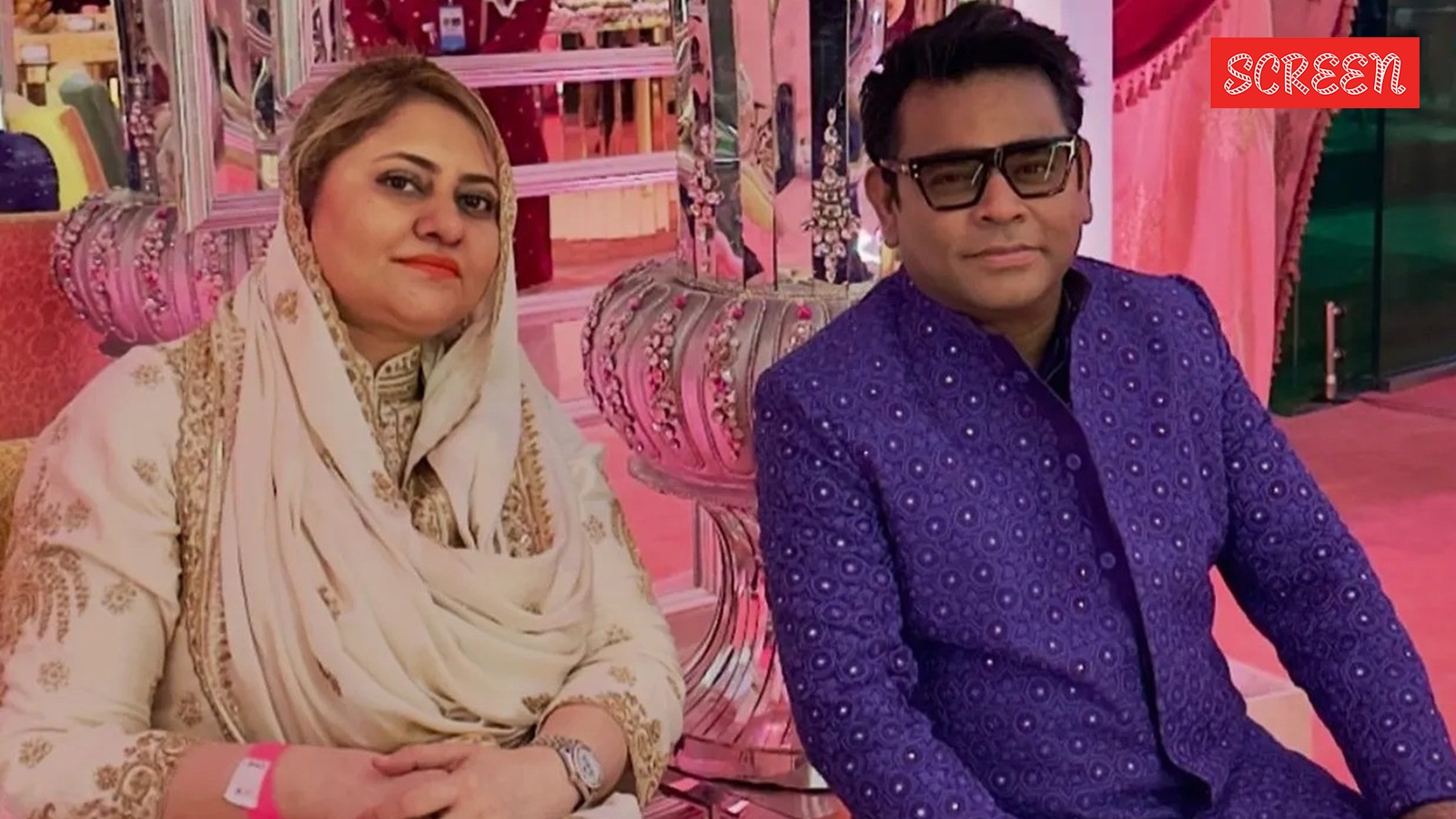 |
|
The recent announcement of AR Rahman and Saira Banu's divorce filing has sent shockwaves through the entertainment industry and among their fans worldwide. The news, initially met with disbelief and speculation, has now been further illuminated by statements from their divorce lawyer, Vandana Shah. Ms. Shah's comments, made during an interview with Vicky Lalwani, offer a glimmer of hope amidst the turmoil, suggesting the possibility of reconciliation between the high-profile couple. This possibility, while seemingly tenuous given the gravity of their decision to seek legal separation, highlights the complexities of long-term relationships and the often unpredictable nature of marital dissolution. The length of their marriage, as emphasized by Ms. Shah, undoubtedly contributes to the complexity of the situation, suggesting a history rich with shared experiences and perhaps unresolved issues that may still be worked through. The impact of this potential reconciliation on their children is paramount, underscoring the delicate balance between personal desires and familial well-being. The lawyer’s statement that “It’s a long marriage and a lot of thought has gone…” speaks volumes to the weight of this decision and the depth of the considerations surrounding it.
The uncertainty surrounding the custody arrangements for Rahman and Banu's children adds another layer to this unfolding story. Ms. Shah's declaration that the custody issue remains undecided underscores the significant legal and emotional ramifications involved. The fact that some of the children are adults, affording them the right to choose their residence, introduces a degree of autonomy that complicates the process. This aspect necessitates a nuanced approach, prioritizing the well-being and wishes of each child while navigating the legal framework governing such matters. The decision-making process must prioritize their best interests, considering factors such as their emotional ties to each parent, their educational stability, and their overall sense of security and comfort. The lack of a clear resolution on custody highlights the long road ahead and the sensitive nature of family law proceedings, particularly those involving prominent public figures.
The public's fascination with celebrity divorces is often driven by a mixture of morbid curiosity and a vicarious exploration of the fragility of even the most seemingly idyllic relationships. Rahman and Banu's case is no exception. The couple's combined fame, coupled with the relative privacy they've maintained throughout their marriage, has fueled intense speculation and media coverage. The lawyer's statements, while offering some clarity, inevitably generate further questions and conjecture. However, it’s crucial to remember that this is a deeply personal matter, and the focus should remain on respecting the privacy of those directly involved. The media’s role should be to inform the public without sensationalizing the situation or invading the privacy of the family. Striking a balance between informing the public and protecting the privacy of the individuals involved is vital in such circumstances. The continued speculation underscores the public's interest in the lives of celebrities, but it also highlights the importance of responsible reporting and avoiding unnecessary intrusion into their personal lives. Ultimately, the outcome of their situation will depend on the private decisions of those involved and their legal counsel.
Beyond the immediate concerns of divorce and custody, this situation offers a broader reflection on the complexities of marriage and family life. The high-profile nature of the individuals involved serves as a reminder that even seemingly strong and successful relationships can face insurmountable challenges. The possibility of reconciliation underscores the enduring capacity for understanding and forgiveness, even within the context of deeply entrenched conflicts. However, the alternative possibility – a final separation – also holds valuable lessons about acceptance and the need to prioritize individual well-being when a relationship ceases to fulfill its purpose. The narrative of Rahman and Banu’s potential separation and reconciliation serves as a cautionary tale and a source of hope, reflecting the diverse and often unpredictable realities of interpersonal relationships. This underscores the importance of open communication, mutual respect, and a willingness to prioritize the emotional well-being of all involved parties, especially within the family unit.
